SMOKING BAN IN FBIH
As of today, the Law on the Control and Limited Use of Cigarettes, Tobacco and Other Smoking Products (Official Gazette FBiH, No. 38/22), which formally entered into force last year, began to be implemented in the Federation of Bosnia and Herzegovina, but its implementation was delayed for the last 12 months. The provisions of this Law prohibit smoking in all closed public spaces, places of work, and in public transport, as well as in private means of transport where minors are present. The legislation also provides numerous sanctions in the form of fines for violators of its provisions. This, however, is just one of many reasons why you should quit smoking.
In addition to the fact that smoking cigarettes and other tobacco products is extremely harmful to the health of individuals who actively or passively consume them, numerous studies indicate that smoking is also very harmful to the environment. The environmental impact of the global tobacco industry is being actively researched for more than two decades. The very fact that already in 2012 more than 4.3 million hectares of arable agricultural land was used for growing tobacco, indicates the size and scope of this industry, especially in poorer and less developed countries where tobacco is grown most often. In addition, the tobacco industry annually produces about 2 million tons of paper waste.
In one of its reports, the World Health Organization - WHO, stated that every year the tobacco industry costs the world more than 8 million human lives, 600 million trees, 200,000 hectares of land, 22 billion tons of water, and 84 million tons of CO2. The most common pesticides used in the tobacco industry are:
· Imidacloprid, which hurts bees and other pollinators;
· Chlorpyrifos, which is toxic to humans, and can cause difficulty breathing and paralysis;
· 1,3-Dichloropropene – carcinogenic and causes skin irritation and respiratory problems;
· Aldicarb, which is extremely toxic to humans, and has the highest toxicity index of any pesticide currently in use;
· Methyl bromide, which causes serious environmental damage and is a known ozone-depleting chemical.
Cigarette butts also represent a major problem for the environment, considering that they constitute a very large part of the world's pollution in the context of litter. It is estimated that 766,571 tons of cigarette butts pollute the world's environment annually and that the average cigarette in nature cannot be completely decomposed even after 10 years. The reason for this primarily lies in the fact that the composition of the cigarette is predominantly plastic. Although you might not think that, cigarette butts are made from cellulose acetate, a man-made plastic material containing hundreds of toxic chemicals. Precisely because of this, the cigarette butt can in some cases contaminate the surface on which it was thrown for much longer than it needs to physically decompose.
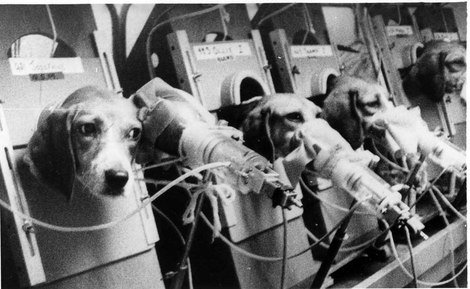
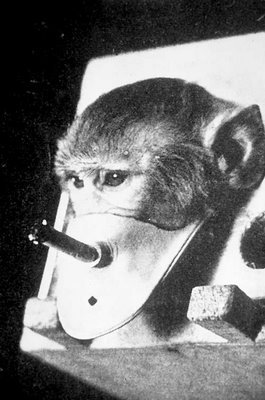
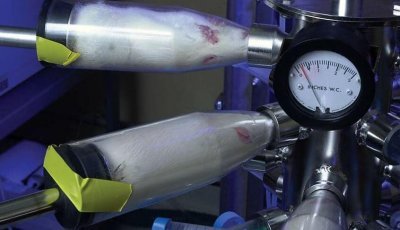
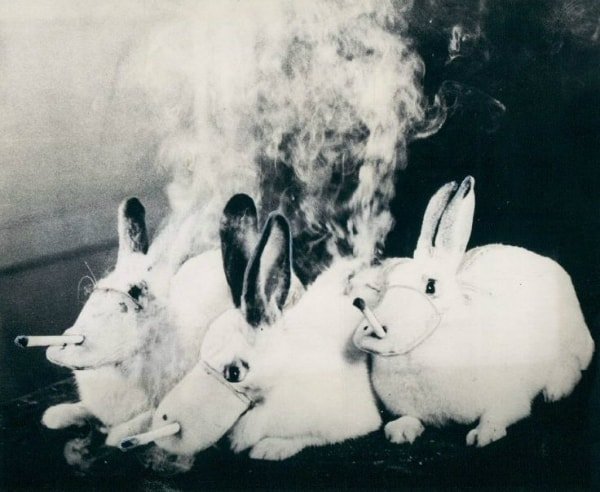
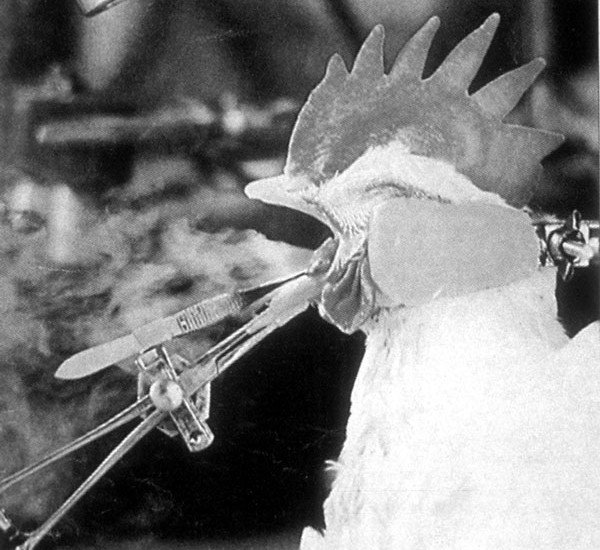
In addition to all this, the tobacco industry is known for its cruelty, which is reflected in the testing of tobacco products on animals. For many years, the tobacco industry conducted research on its products on animals, most commonly dogs, cats, and monkeys. In the last few decades, a relatively large number of European countries have completely banned the testing of tobacco products on animals, considering that the research conducted on this topic has proven that they have absolutely no point, taking into account the differences that exist in the organisms of these animals and the human organism, from a medical point of view. For example, in 2015, one such study was conducted at three American universities, where monkeys were forced to inhale tobacco smoke in laboratories for six hours a day, only to confirm that a biomarker of chronic obstructive pulmonary disease was reduced - something that was known since at least 1992.
Ultimately, research has confirmed that decades of inhumane animal testing and the billions of animal lives lost were completely unnecessary. Although the situation regarding the testing of tobacco products on animals is much better than it was, the global organization for the protection of animals PETA indicates that about 2 million animals are still being used in the tobacco industry, mostly mice and rats.
